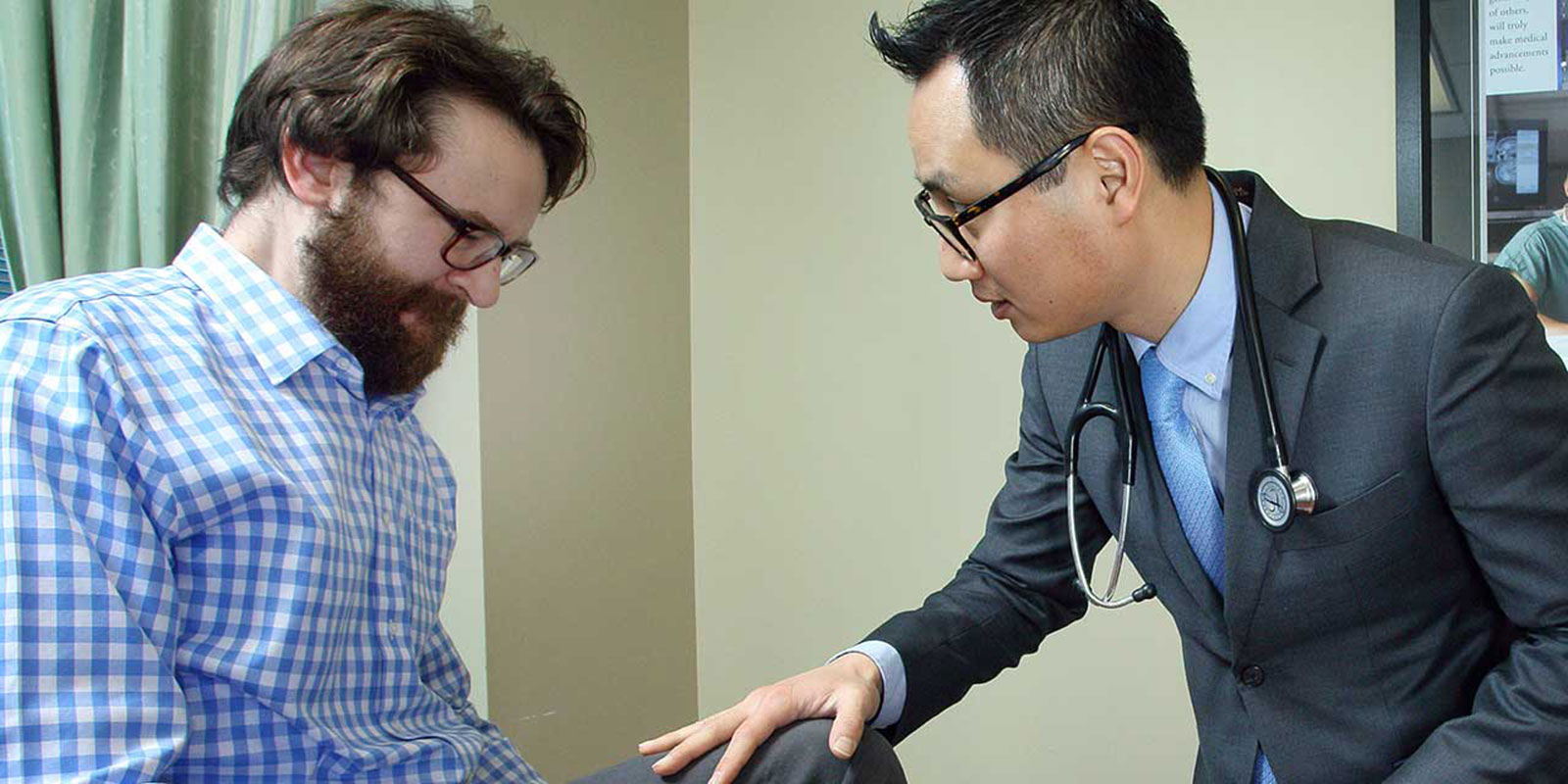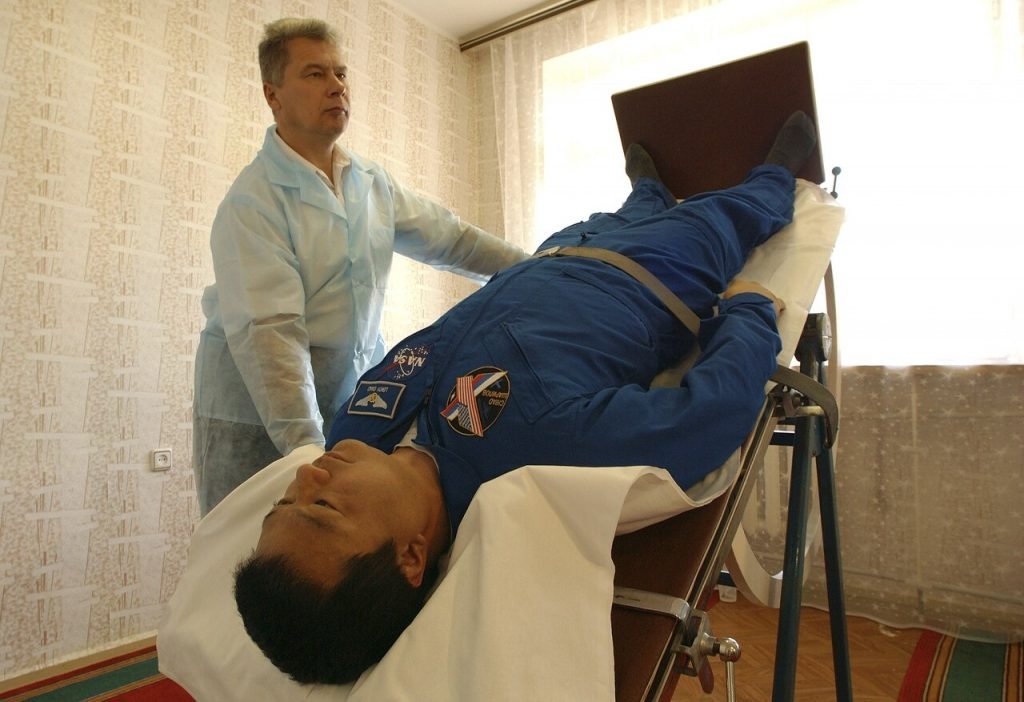Fortunately, across the United States, a growing number of specialized clinics and experts are offering comprehensive support for those with autonomic dysfunction. This guide explores the top POTS clinics in the USA, what makes them stand out, and how to find the right care for your unique needs.
Understanding POTS and the Need for Specialized Clinics
POTS is a form of dysautonomia—a disorder of the autonomic nervous system—that causes an abnormal increase in heart rate upon standing, often accompanied by dizziness, fatigue, brain fog, and gastrointestinal issues. Because symptoms vary widely and overlap with other chronic conditions like Ehlers-Danlos Syndrome (EDS), Mast Cell Activation Syndrome (MCAS), and chronic fatigue syndrome (ME/CFS), proper diagnosis and treatment require a multidisciplinary approach.
Specialized POTS clinics in the USA are designed to address these complexities. They offer coordinated care from neurologists, cardiologists, pain specialists, and physical therapists who understand the nuances of autonomic dysfunction.
Do you have a comorbid condition with your POTS?
Note on Clinic Availability
The landscape of POTS care is constantly evolving. Clinics may change locations, restructure services, or close entirely, while new specialists and programs continue to emerge. While we strive to keep this list current, it may not reflect the most recent updates. We encourage readers to verify details directly with each clinic and consult trusted directories like Dysautonomia International or Standing Up to POTS for the latest information.
What to Expect from a POTS Clinic
When you visit a POTS clinic, you’re not just getting a heart rate monitor and a tilt table test. You’re entering a space where your symptoms are taken seriously, and your care is personalized. Here’s what top clinics typically offer:
- Comprehensive Autonomic Testing
Including tilt table tests, QSART, and heart rate variability analysis. - Multidisciplinary Teams
Collaboration between neurology, cardiology, pain management, and physical therapy. - Individualized Treatment Plans
Including medication management, lifestyle modifications, IV therapy, and physical rehabilitation. - Support for Coexisting Conditions
Many clinics also treat EDS, MCAS, fibromyalgia, and other overlapping disorders.
Leading POTS Clinics in the USA
The EDS Clinic (Multiple States)
With locations in California, Texas, Michigan, and Wisconsin, The EDS Clinic is a standout for patients with complex chronic conditions. Their team includes experts in POTS, EDS, and MCAS, offering both in-person and telehealth consultations. Their security-conscious onboarding and patient-first approach make them a trusted resource for long-term care.
Johns Hopkins POTS Program – Maryland
Johns Hopkins offers one of the few comprehensive POTS programs in the country. Though currently at capacity, their multidisciplinary model sets the gold standard for autonomic care. Their team includes specialists in pediatric and adult dysautonomia, physical medicine, and rehabilitation.

Center for Complex Neurology, EDS & POTS – Arizona
Led by Dr. David Saperstein, this Phoenix-based clinic focuses on neurological aspects of POTS and related conditions. Known for its thorough diagnostic process and compassionate care, it’s a top choice for patients seeking clarity and long-term management.

UToledo Health – Ohio
Dr. Blair Grubb is a pioneer in autonomic dysfunction research and clinical care. His work at the University of Toledo has helped shape modern understanding of POTS and its variants. Patients travel nationwide to consult with his team.
Center for Complex Conditions – Rhode Island
Dr. Pradeep Chopra’s clinic in Providence offers care for POTS, EDS, and chronic pain. His integrative approach includes pharmacological treatment, physical therapy, and lifestyle coaching, making it ideal for patients with multisystem involvement.
How to Choose the Right POTS Clinic
Finding the right clinic depends on your symptoms, location, and care preferences. Here are key factors to consider:
- Experience with Dysautonomia
Look for clinics that specialize in autonomic disorders, not just general cardiology or neurology. - Multidisciplinary Access
The best clinics offer coordinated care across specialties. - Telehealth Options
For homebound or remote patients, virtual consultations can be a lifeline. - Waitlist Transparency
Some top clinics have long waitlists—ask about timelines and interim care options. - Patient Reviews and Community Feedback
Online forums and support groups can offer insight into real-world experiences.
Frequently Asked Questions
What is POTS and how is it diagnosed?
POTS is a form of dysautonomia diagnosed through tilt table testing and heart rate monitoring, often alongside symptom history.
Are POTS clinics covered by insurance?
Many are, but coverage varies. Always check with your provider and the clinic’s billing department.
Can I get treated for POTS via telehealth?
Yes, several clinics offer virtual consultations, especially for follow-up care and medication management.
Do I need a referral to visit a POTS clinic?
Some clinics require referrals from primary care or specialists; others accept self-referrals.
How long is the wait to see a POTS specialist?
Wait times vary from weeks to over a year, depending on the clinic’s capacity and location.
What treatments are available for POTS?
Treatment may include beta blockers, fludrocortisone, IV saline, physical therapy, and lifestyle changes.
Are there pediatric POTS clinics?
Yes, some centers like Johns Hopkins offer pediatric care for children and teens with POTS.
Can POTS be cured?
There’s no cure, but symptoms can often be managed effectively with the right care plan.
What other conditions are treated at POTS clinics?
Many also treat EDS, MCAS, fibromyalgia, and chronic fatigue syndrome.
How do I find a POTS clinic near me?
Use directories like Dysautonomia International or Standing Up to POTS to locate specialists by state.
Final Thoughts
Navigating POTS can be overwhelming, but finding the right clinic can make all the difference. The best POTS clinics in the USA offer not just medical expertise, but validation, support, and hope. Whether you’re newly diagnosed or seeking better management, these centers are equipped to guide you toward a more stable and empowered life.
What is the most helpful non-medical aid you use?








